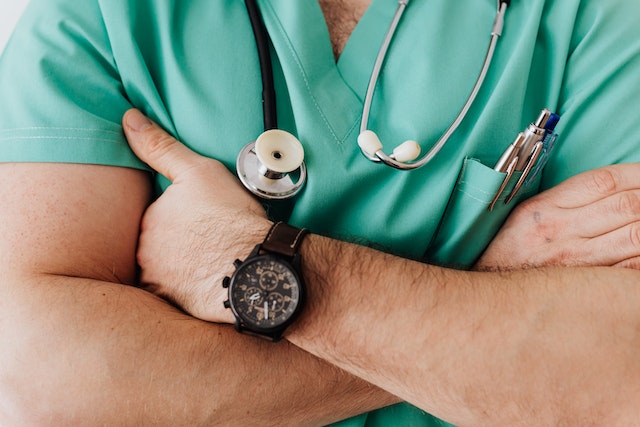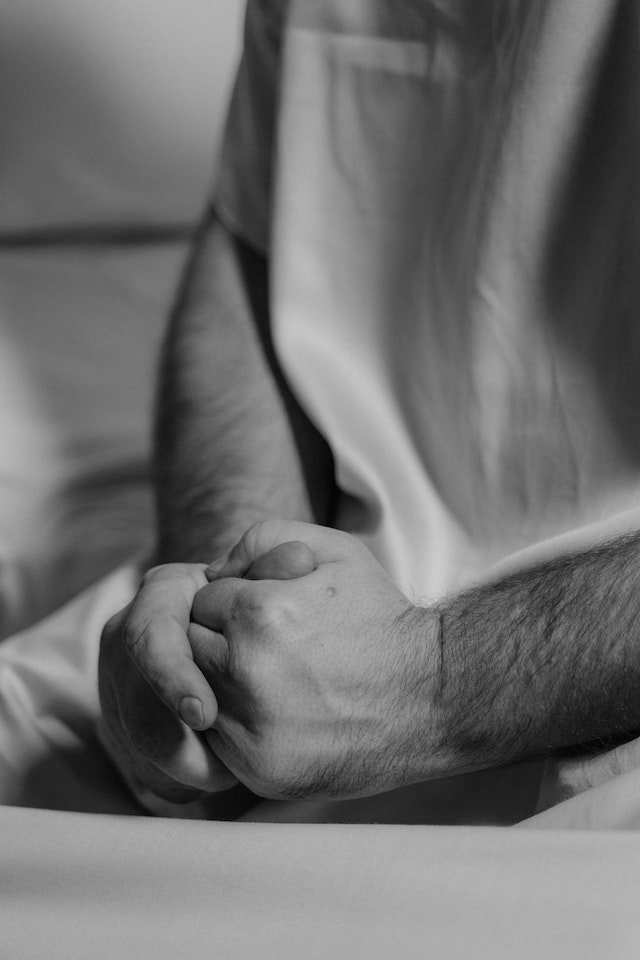Testicular cancer is a relatively rare but highly treatable form of cancer that primarily affects young men. Early detection, understanding the symptoms, and seeking prompt medical attention are crucial for successful outcomes. In this article, we will explore the symptoms, diagnosis, and treatment options for this type of cancer.

Symptoms of Testicular Cancer
Recognizing the signs and symptoms is essential for early detection. Common symptoms include:
- Lump or Swelling: A painless lump or swelling in the testicle is often the first noticeable symptom of testicular cancer.
- Testicular Pain or Discomfort: Some men may experience pain or discomfort in the testicles or scrotum.
- Heaviness or Achiness: A feeling of heaviness or achiness in the lower abdomen or scrotum can be an indicator of testicular cancer.
- Changes in Testicular Size or Shape: Testicles may appear enlarged or irregular in shape.
- Fluid Accumulation: Some men may notice a buildup of fluid in the scrotum.
Diagnosis of Testicular Cancer
If you experience any symptoms or notice any abnormalities, it’s important to seek medical attention for proper diagnosis. The diagnostic process may involve:
- Physical Examination: Your doctor will perform a physical examination of the testicles to check for any lumps, swelling, or irregularities.
- Imaging Tests: Imaging techniques, such as ultrasound, may be used to examine the testicles and surrounding areas to identify any tumors or abnormalities.
- Tumor Marker Blood Tests: Blood tests, including alpha-fetoprotein (AFP), beta-human chorionic gonadotropin (β-HCG), and lactate dehydrogenase (LDH) levels, can help detect certain markers that may indicate testicular cancer.
- Biopsy: If a suspicious lump is found, a biopsy may be performed to confirm the presence of cancer cells.
 Treatment Options
Treatment Options
The treatment approach for testicular cancer depends on various factors, including the type and stage of the cancer. Common treatment options include:
- Surgery: Surgical removal of the affected testicle, known as a radical inguinal orchiectomy, is typically the first step in treating testicular cancer.
- Chemotherapy: Chemotherapy may be recommended to destroy cancer cells and prevent their spread to other parts of the body.
- Radiation Therapy: High-energy X-rays or other forms of radiation are used to target and kill cancer cells.
- Surveillance: In some cases, surveillance or active monitoring may be appropriate for early-stage or low-risk cancers, with regular check-ups and imaging tests to monitor for any changes.
Contact Fifth Avenue Urology for Expert Urological Treatment
If you suspect or have been diagnosed with testicular cancer, the team of experienced urologists at Fifth Avenue Urology, led by Dr. Yaniv Larish, is here to provide comprehensive and compassionate care.
Don’t delay in seeking expert guidance. Contact Fifth Avenue Urology today to schedule an appointment:
FIFTH AVENUE UROLOGY
4 East 76th Street
New York, NY 10021
Phone: 212-675-3186
Website: https://www.fifthavenueurology.com/
